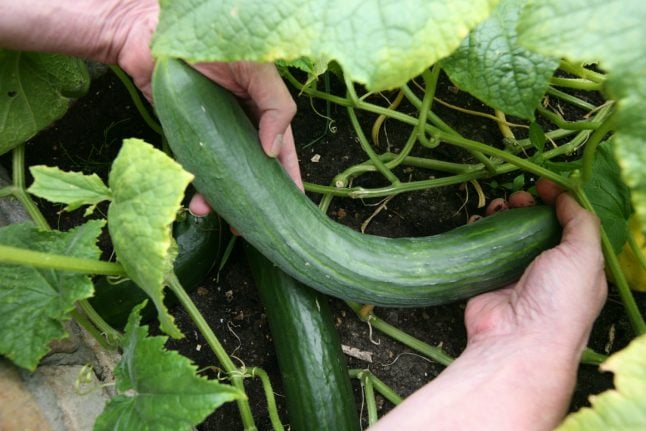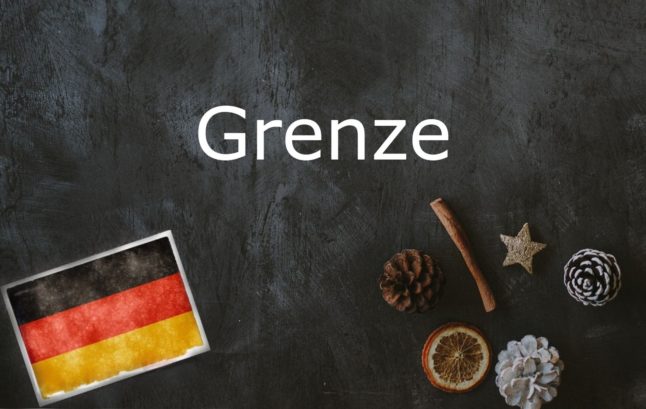Although Germany and Poland are neighbouring countries, their respective languages have different linguistic roots.
However, there are a still a few German terms whose origins can be traced back to Poland and its West Slavic national language Polish. Five are listed below.
Dalli
You’ll often hear this German word repeated: “Dalli, dalli!” It’s a request for someone to hurry up and move faster. The word comes from the Polish dalej, meaning “further” or, if used in a sentence, “Go ahead.”
The phrase “Dalli Dalli” was also borrowed as the name of a popular game show broadcast on German television. Contestants had to answer questions, perform absurd tasks and solve puzzles under time pressure. The show aired in three different iterations from 1971 until 2013.
Die Grenze
The German word Grenze is best translated as “border” in English, labeling man-made boundaries between countries, states and cities as well as geographic regions. The word hails from the old Polish word granica and still has a similar meaning in Polish today.
Die Gurke
Gurke is German for cucumber and comes from the old Polish word of the same meaning: ogórek. Gurke can also refer to someone who has a large nose or someone who is particularly incompetent.
German cucumbers can also be called Kukumer, which has roots in the Latin cucumis/cucumer.
But Gurke and Kukumer are certainly not the only ways to label a cucumber in German-speaking countries.
Wikipedia lists an impressive 24 names for the vegetable: Agork, Agurke, Andrenk, Angurken, Augurke, Cucumern, Gommern, Gorch, Gorken, Gümmerle, Gümmerlin, Gummer, Guggumare, Gukumer, Gurken, Kimmerling, Korcken, Kratzewetz, Kümmerling, Kukummer, Kumkummer, Kummern, Umurke and, finally, Unmorken.
Die Penunze
Translated simply, Penunze is a German word for money. Used colloquially, it’s similar to saying “cash” or “coin” in English. The word was introduced into German vernacular fairly recently from the Polish word for money: pieniądze.

A photo from the 2019 European Fencing Championship in Düsseldorf. Photo: DPA
Der Säbel
This German word translates to sabre in English, which was originally a heavy, curved military sword associated with cavalry. More recently, the sabre was adopted as a light, straight sword used in fencing. The German word was loaned from the Polish word szabla, which in turn was taken from the Hungarian word szablaim.



 Please whitelist us to continue reading.
Please whitelist us to continue reading.
Member comments